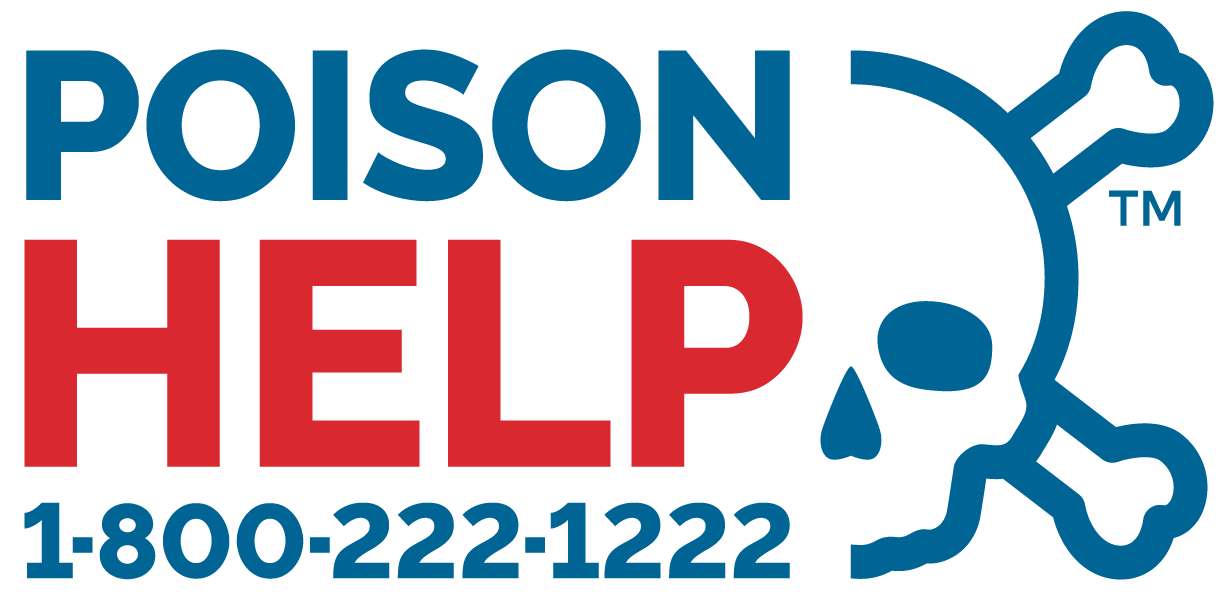Poisonous Plants
Poisonous Plants
Plant Guides
- Poisonous Plants – Find both prevention and exposure tips.
- Plant Guide List – This guide divides common house and outdoor plants into categories.
How to prevent poisonings:
- Keep houseplants out of a young child’s reach.
- Identify the name of all your plants, both indoors and outdoors. Label each of your plants with the correct botanical name. If you are unsure, bring a sample to a plant nursery or garden center for help with identification.
- Mushrooms and berries are particularly attractive to young children. Teach your children never to put mushrooms, berries, or any part of a plant including leaves, flowers, stems, bulbs, or seeds in their mouths.
- Mushrooms are especially abundant after a rainfall. Remove mushrooms from your yard and dispose of properly after each rainfall.
- Do not assume a plant is non-poisonous because birds or wildlife eat it.
- Do not rely on cooking to destroy toxic chemicals in plants.
- Never use anything prepared from nature as “tea” or medicine.
Pesticide safety resource
Follow these steps if someone is exposed to a poisonous plant
Mouth:
- Remove any remaining portion of the plant, berry or mushroom.
- Gently wipe with a wet cloth.
- Check for any irritation, swelling or discoloration.
- Give one glass of water to drink, provided victim is conscious and able to swallow.
- Call the Poison Center for further treatment instructions: 1-800-222-1222.
Skin:
- A few plants may cause local irritation, itching and/or a rash to the skin. To prevent further irritation, remove contaminated clothing and wash skin well with soap and water. Call the Poison Center for further treatment instructions.
Eyes:
- Wash hands with soap and water to avoid further irritation to the eye.
- Rinse eye well with lukewarm tap water for 10-15 minutes. Gently pour water from a clean container held 2-4 inches above the eye. Call the Poison Center for further treatment instructions.
After following the above steps, always call the Poison Center at 1-800-222-1222. Do not wait for symptoms to appear.

